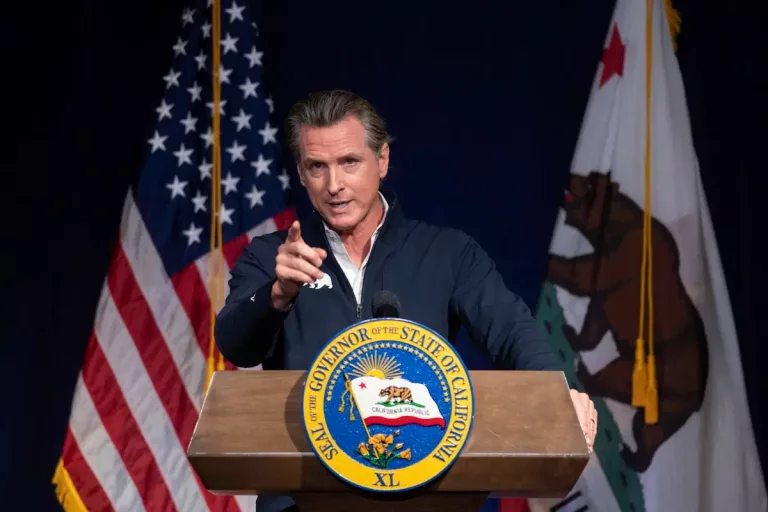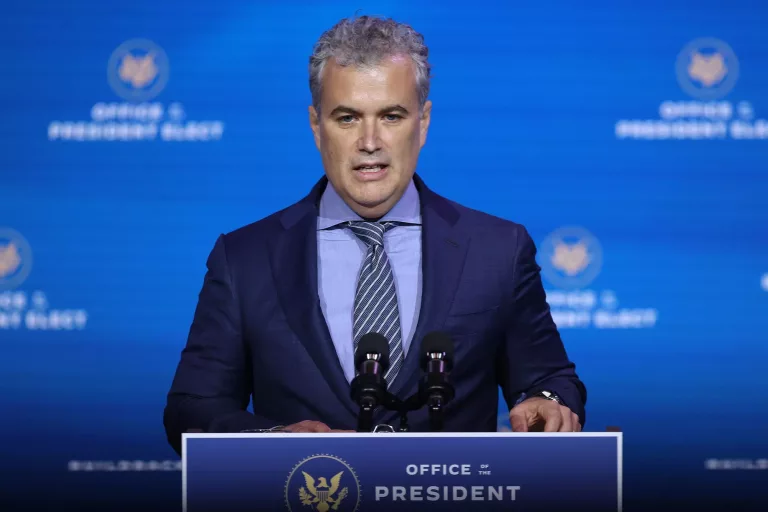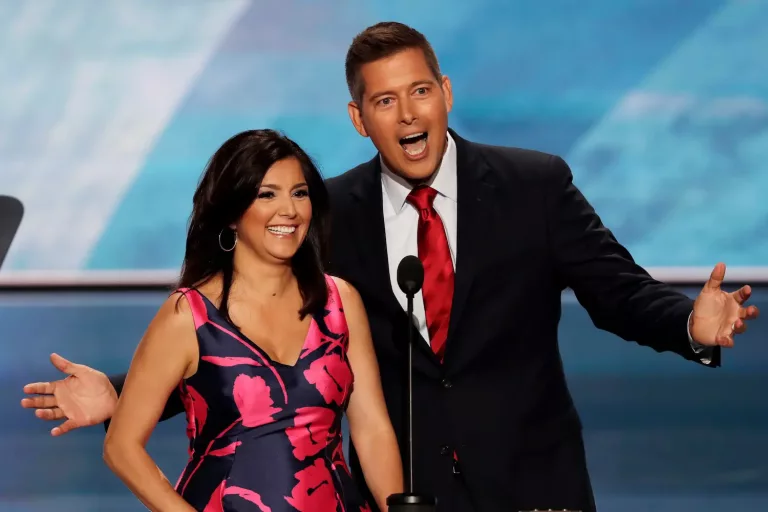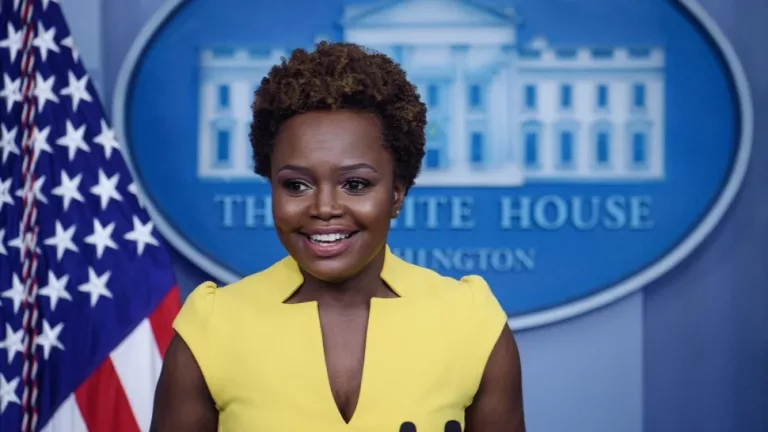Andrei Zubov (Political Activist) Age, Family, Wife, Children, History and Orthodox Church
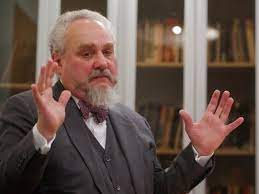
Who is Andrei Zubov?
Andrei Zubov is a Russian historian, political activist, church figure, and generally a prominent public figure. He is a former professor of the Moscow State Institute of International Relations (MGIMO). He was fired indefinitely for comparing the deployment of Russian soldiers in Crimea to Hitler’s takeover of Austria in the Russian newspaper Vedomosti. Zubov was restored to his job a month later until his contract at the MGIMO officially expired.
Andrei Zubov Age
Zubov is 70 years old. He was born on January 16, 1952 in Moscow Russia.
Andrei Zubov Height
Zubov has not shared his height measurements. His height, weight, and other body measurements will be updated soon.
Andrei Zubov Family
Zubov was born and raised by his parents in the Moscow, Russia. His father Boris Nikolayevich Zubov was a Russian shipbuilder until his death in 2007. His mother Evgeniyevna Zubov was an Associate Professor of the Department of General Chemical Technology, candidate of Technical Sciences until her death in 2005. Moreover, Andrei has a brother named Sergey Borisovich Zubov born in 1944.
Andrei Zubov Wife
Zubov is married to Olga Zubov. They married in the presence of family and close friends. The couple has four children together namely Xenia, Irina, Daria and Daniil.
Andrei Zubov Education
Zubov graduated in 1968 from Moscow School No. 56 and joined the Moscow State Institute of International Relations the same year.
Andrei Zubov Net Worth
Zubov has an estimated net worth ranging between $500k – $1 million. He has earned this figure from her successful career as a political activist. His exact net worth figure will be updated soon.
Related: Caroline Seaton Powell (Ben Domenech’s Ex Wife) Net Worth, Age, Married, Husband and Children
Andrei Zubov Career as a Russian Historian and Political Activist
Zubov has edited three volumes of “Russian History: 20th Century,” and he has lectured and written books on the history of religious beliefs since 1993. He is also a senior member of the People’s Freedom Party; for instance, he ran for Duma in 2016 and finished third in the Moscow Center constituency. He was appointed in 2006 as the editor-in-chief of a multivolume history of Russia titled ‘History of Russia XX century.’
More than 45 authors from Russia, the Russian diaspora, European and American scholars in Russian studies comprised the writing team (Vittorio Strada, Richard Pipes). Professor Zubov has made regular appearances in opposition media since his dismissal from MGIMO, expressing himself on historical concerns among other things. In the spring of 2014, he compared Russia’s actions in Crimea to the Anschluss.
In September of that year, he was one of the signatories to a declaration declaring that a “fascist type” political regime was rapidly forming in Russia and urging the authorities to “put an end to the aggressive adventure: to withdraw Russian troops from Ukraine and to stop propaganda as well as material and military support to separatists in southeastern Ukraine.” Zubov stated on BBC News during coverage of the Russia | Ukraine invasion, “I think that if Putin is not stopped now in Ukraine, this war would be the beginning of the third World War.”
Andrei Zubov Career as a Church Figure
Zubov was a member of the Russian Orthodox Church’s Synodal Biblical-Theological Commission and its Inter-Council Presence from 2009 to 2014. He is an Orthodox Christian and one of the writers of the “Basic Social Concept of the Russian Orthodox Church” (2000).
On July 16, 2005, he was appointed to the working group for the preparation of a “conceptual document on the stance of the Russian Orthodox Church in inter-religious relations” by the Russian Orthodox Church’s Holy Synod.
Zubov attended the ‘Religion and Political Culture’ conference in Rome, which was co-hosted by the Pontifical Gregorian University and the Konrad Adenauer Foundation on September 29, 2009. He wrote a report on the twentieth-century relationship between the Church and the Russian State.
